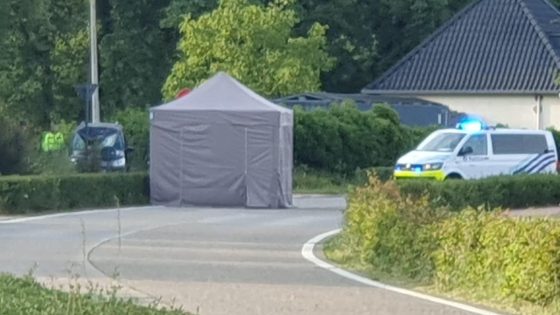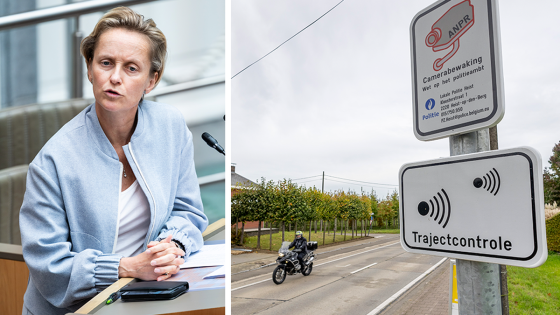Belgium’s proposed plan to increase defence spending to 5 percent of GDP is stirring heated debate among political leaders. As of 2025-06-16 09:45:00, this controversial target has raised questions about its feasibility and impact on national priorities. The discussion highlights the tension between security needs and budget realities.
- Increase defense spending to 5% GDP criticized
- Conner Rousseau calls 5% target ridiculous
- Theo Francken insists on 5% defense budget
- Georges-Louis Bouchez labels 5% plan hysteria
- 5% defense equals 35 billion euros annually
- Bouchez compares cost to federal budget excluding social security
Vooruit chairman Conner Rousseau openly criticised the 5 percent goal, calling it “ridiculous” and doubting Belgium would meet it before 2088. Meanwhile, MR leader Georges-Louis Bouchez described the plan as “collective hysteria,” pointing out the enormous costs involved.
What does this mean for Belgium’s defence policy and public spending? The following Fast Answer sums up the current political climate and outlook.
Why is the 5 percent defence spending target so contentious? The debate reveals several key issues:
- The proposed 5 percent equals about €35 billion annually, a figure comparable to the entire federal budget excluding social security.
- Political leaders question whether such expenditure is realistic or sustainable given Belgium’s economic priorities.
- Some see the target as a strategic necessity, while others warn it risks diverting funds from essential social programs.
- The timeline for achieving this goal remains unclear, with sceptics doubting near-term feasibility.
As Belgium navigates these complex decisions, will political consensus emerge to define a clear defence strategy? Citizens and policymakers alike should stay engaged as the debate unfolds, ensuring that national security and fiscal responsibility align effectively.































